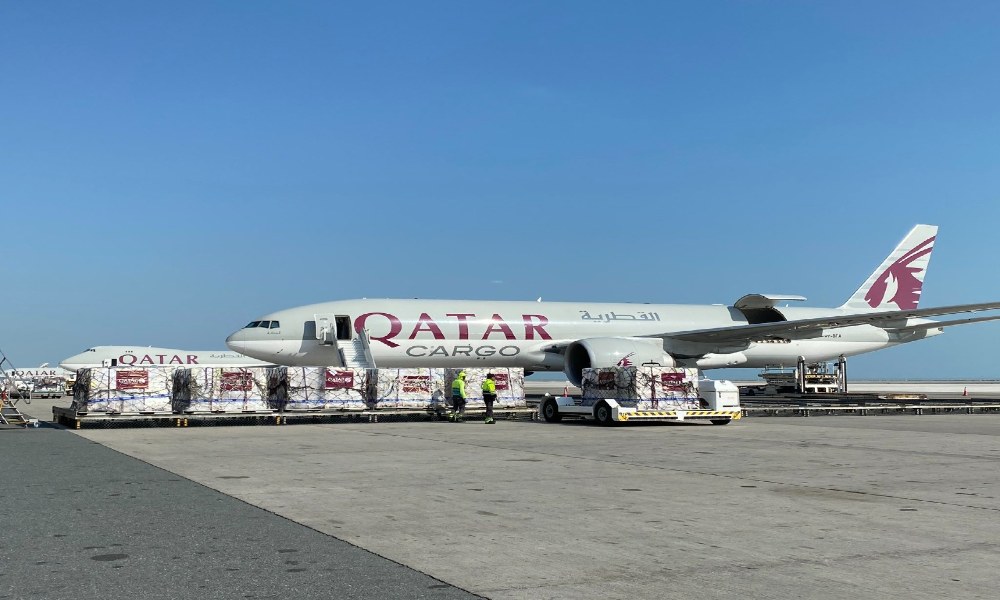
Qatar Airways, Emirates rank in top 5 for freight tonnes carried
IATA published the IATA WATS performance figures for 2020. Check out the airlines that ranked in top 5 by scheduled freight tonnes carried and scheduled cargo tonne-kilometers

The International Air Transport Association (IATA) published the IATA World Air Transport Statistics (WATS) with performance figures for 2020 which signifies the devastating effects on global air transport.In a recent statistics released by World Air Transport Traffic, despite the massive drop in capacity from the bellies of passenger aircraft Air freight was the bright spot in air transport for 2020.
The top five airlines ranked by scheduled freight tonnes carried were Federal Express (8 million), Qatar Airways (2.3 million), Emirates (1.8 million), United Parcel Service (5 million) and China Airlines (1.5 million).
The market adapted to keep goods moving including vaccines, personal protective equipment (PPE) and vital medical supplies. For the scheduled cargo tonne-kilometers, the top five airlines were Federal Express (19.7 billion), United Parcel Service (14.4 billion) Qatar Airways (13.7 billion), Emirates (9.6 billion) and Cathay Pacific Airways (8.1 billion).
“2020 was a year that we’d all like to forget. But analyzing the performance statistics for the year reveals an amazing story of perseverance. At the depth of the crisis in April 2020, 66% of the world’s commercial air transport fleet was grounded as governments closed borders or imposed strict quarantines. A million jobs disappeared. And industry losses for the year totaled $126 billion. Many governments recognized aviation’s critical contributions and provided financial lifelines and other forms of support. But it was the rapid actions by airlines and the commitment of our people that saw the airline industry through the most difficult year in its history,” said Willie Walsh, IATA’s Director General.
As per the statistics for the first-half of 2021 released last week by IATA for global air cargo markets for June, there was a 9.9 percent improvement in pre-COVID-19 performance (June 2019).

